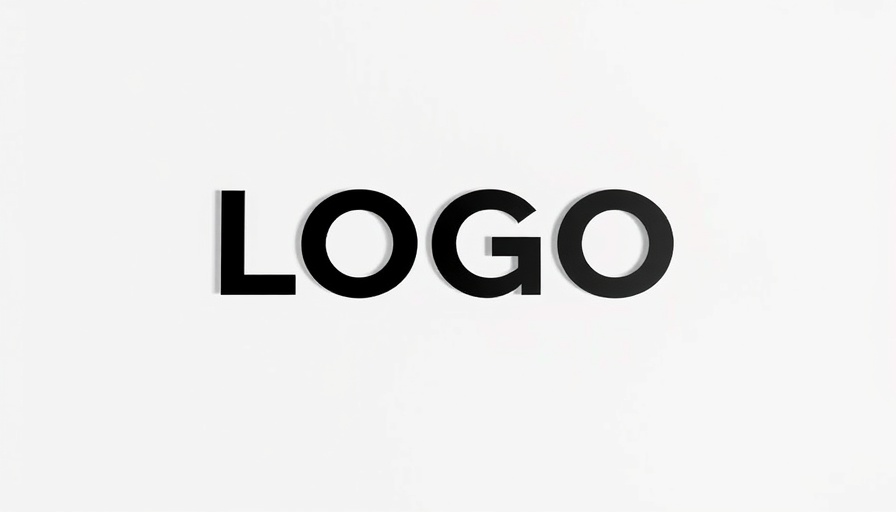
Understanding Upselling: A Shift in Perspective
In the world of automotive sales, upselling is often perceived negatively by consumers. Many buyers, as highlighted in industry studies, view upselling as a means for dealerships to increase profits at their expense. For instance, an AutoTrader report recounts that 48% of buyers suspect dealerships prioritize their economic benefit over customer satisfaction.
This skepticism creates an intricate challenge for dealership staff aiming to balance profit with customer trust. However, a shift in how upselling is perceived can transform this sales strategy from mere revenue generation into a valuable customer service tool.
Transforming Customer Engagement Through Education
Educational upselling is a strategy that assists dealerships in addressing customer skepticism effectively. When customers understand the value of what they’re being offered, they are more likely to embrace additional products or services. By using informative videos, blog content, and interactive demonstrations, dealerships can communicate the benefits of upgrades clearly. Workshops on car maintenance or organized discussions can further strengthen trust, as customers see recommendations as professional advice rather than sales tactics.
The Power of Technology in Upselling Efforts
In this digital age, leveraging technology can revolutionize how dealerships approach upselling. AI-driven customer relationship management (CRM) systems play a crucial role by analyzing buying patterns and preferences. Armed with this data, sales staff can provide personalized recommendations that align with customers' unique needs—making upselling feel less intrusive and more of a tailored service.
This technology-driven approach extends to automating follow-ups and reminding customers of relevant options, ensuring that valuable opportunities for upselling do not go unnoticed.
Constructing Trust Through Personalized Recommendations
At the core of effective upselling lies trust. Customers are far more receptive to additional offerings when they feel understood and respected. Establishing rapport is essential—engage with customers by listening attentively and asking open-ended questions about their experience and requirements. Such interactions must be genuine: the aim should be solving problems and enhancing the customer's journey, rather than merely pushing products.
For instance, if a young family is purchasing a vehicle, suggesting features that enhance safety or entertainment can resonate more than blanket offers of additional services.
Long-Term Customer Relationships Over Short-Term Gains
Shifting the focus from immediate sales to long-lasting relationships can redefine how upselling is approached. Highlighting the long-term benefits of added features ensures customers see the value beyond the initial cost. Many successful dealers emphasize how certain upgrades can lead to improved vehicle performance and higher resale potential, thus framing upselling as an investment in the customer's future, rather than a one-time inconvenience.
Conclusion: Mastering the Upselling Balance
Ultimately, effective upselling is about collaboration, respect, and personalized service. By focusing on education, leveraging technology, and building trust, dealerships can turn skeptics into satisfied customers. Upselling doesn't have to be viewed negatively; instead, it can enhance the overall customer experience. Vehicle sales professionals are encouraged to rethink their approach—what if upselling could truly become a service excellence strategy? This transformation could lead to greater customer loyalty and increased satisfaction, redefining the automotive sales landscape.
 Add Row
Add Row  Add
Add 

 Add Row
Add Row  Add Element
Add Element 




Write A Comment